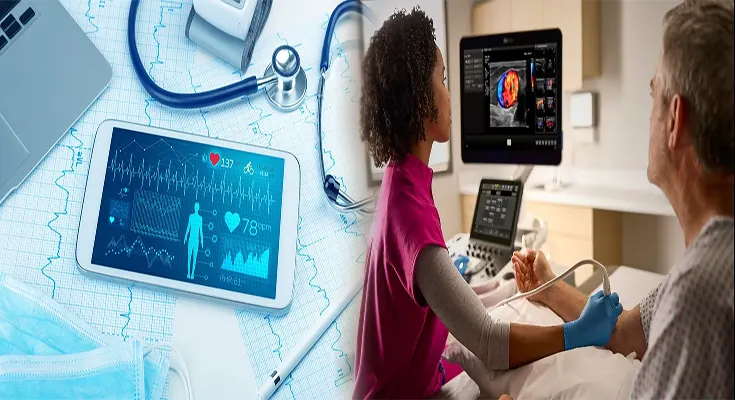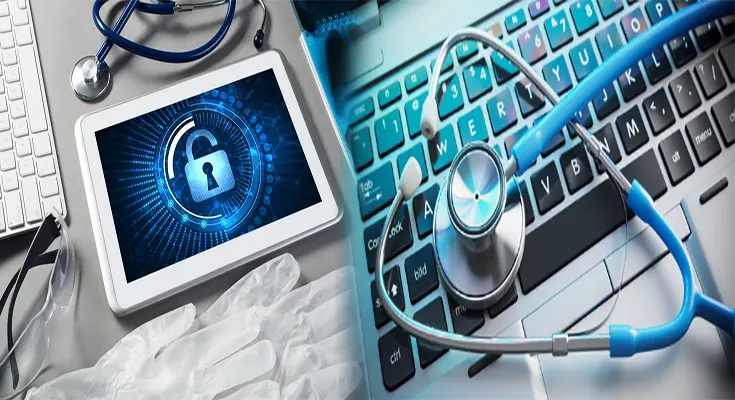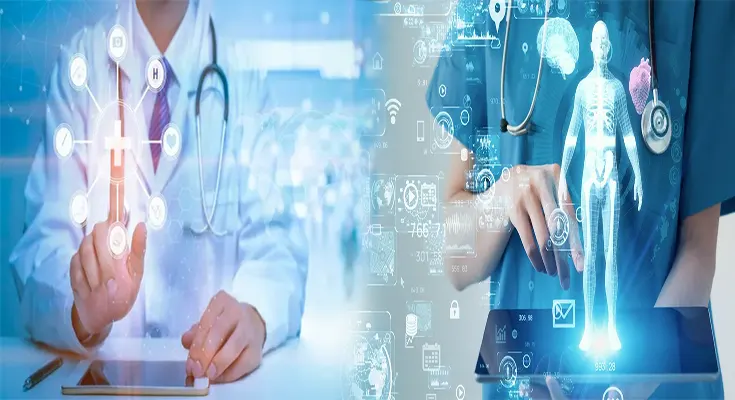
Latest Trends in Health Information Technology 2025
Health Information Technology (HIT) continues to play a crucial role in transforming the healthcare industry, enabling providers to deliver better care, improve patient outcomes, and optimize operational efficiency. As we look ahead to 2025, several emerging trends are set to reshape the landscape of health information technology. In this article, we will explore some of the latest trends that are expected to dominate the HIT space in the coming years and their potential impact on healthcare delivery and patient care.
1. Telehealth and Remote Patient Monitoring
The COVID-19 pandemic accelerated the adoption of telehealth services, and this trend is expected to continue to grow in the coming years. Telehealth platforms allow patients to access care remotely, reducing the need for in-person visits and improving access to healthcare services, especially in rural or underserved areas. Additionally, remote patient monitoring technologies, such as wearable devices and smart sensors, enable healthcare providers to …
Latest Trends in Health Information Technology 2025 Read More




